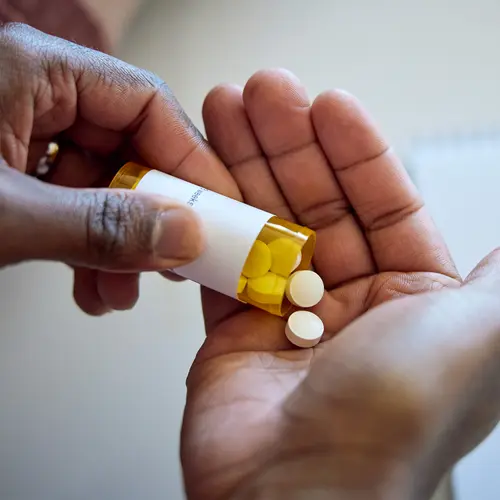To get an official diagnosis of schizophrenia, a person has to show at least two of the following symptoms most of the time for a month, and some mental disturbance over 6 months:
- Delusions (false beliefs that the person won’t give up, even when they get proof that they’re not true)
- Hallucinations (hearing or seeing things that aren’t there)
- Disorganized speech and behavior
- Catatonic or coma-like daze
- Bizarre or hyperactive behavior
How to Get a Diagnosis
The first step is to see a primary care doctor or psychiatrist. Tell them what you have noticed, and ask them what steps you should take, especially if the person isn’t interested in getting help.
The first thing the doctor will do is a psychological evaluation and a complete medical exam. They’ll want to know about people in the family who may also have these symptoms or been diagnosed with schizophrenia, how the person’s been behaving lately, and if they’ve ever been hospitalized for a mental condition.
The doctor will track the person’s symptoms to rule out other conditions, like bipolar disorder, and other possible causes.
Tests Used to Diagnose Schizophrenia
The doctor may also want to do a urine or blood test to make sure that alcohol or drug abuse isn’t causing the symptoms.
Tests that scan and make pictures of the body and brain, like magnetic resonance imaging (MRI) or computed tomography (CT scan), might also help rule out other problems, like a brain tumor.
They’ll also do tests to measure how much the person understands (they might call these cognitive tests), personality tests, and open-ended tests like the inkblot test (you might hear a doctor call it the Rorschach test).
Getting the diagnosis as early as possible will improve your loved one’s chances of managing the illness. If they get the proper care, which will probably include medication and psychotherapy, a kind of talk therapy, they are likely to do better.

